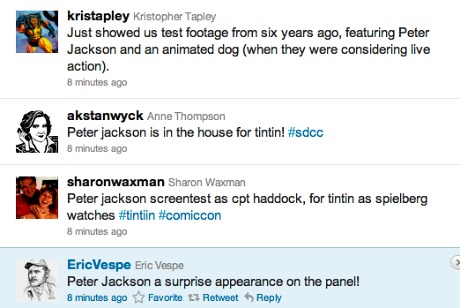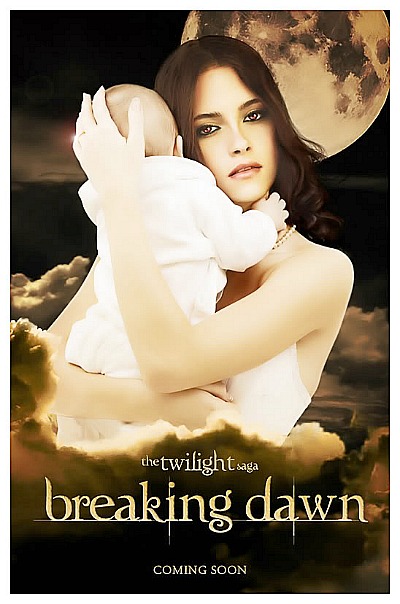It would be snarky to categorize Sarah’s Key (Weinstein Co., 7.22, NY and LA), an intelligent and delicately handled melodrama about a journalist’s exploration of a Jewish family’s incredibly tragic history, as a “holocaust soap opera.” It does, however, feel like this when the personal saga of the 40ish journalist (Kristin Scott Thomas) is focused upon. Mainly a thread about her being pregnant and wanting the baby and her boyfriend not wanting “to be an old dad,” etc.
I didn’t dislike these portions and I do understand the strategy (inspired, I gather, by Tatiana de Rosnay‘s book of the same name) of using a present-day character to take the audience into the past, etc. But I did feel underwhelmed by them.
The heart and marrow of Sarah’s Key is the sad and agonized tale of Sarah Starzynski (who’s mostly played by Melusine Mayance), a child who was scooped up during the arrests of Paris Jews in July 1942 and confined, along with her mother and father, inside the infamous Val d’Hiv arena before being sent to a concentration camp.
SPOILERS (IF YOU LIVE IN A CAVE) FOLLOW:
This is tragic enough, but when the police first come Sarah makes her younger brother hide in a bedroom closet and then locks him in for safekeeping, and keeps the key with her. Five or so weeks after her arrest she escapes from the camp and makes her way back to Paris with the help of adoptive parents to see about her brother. What she finds provokes such horror and despair that she never recovers,. The anguish stays with her as she grows up, emigrates to the U.S., marries and has a son, and right up to the moment that she decides to stop the pain. A bit of a Sophie’s Choice ending, in a sense.
The journalist’s story continues, however, when she tracks down Sarah’s son (Aidan Quinn), a Florence-residing chef who hasn’t a clue about his mother’s history. He becomes an angry denier when Scott lays it all out, claiming he doesn’t want to know, etc. Why am I going over this? Let’s drop this aspect.
SPOILER SECTIONS ENDS.
There’s a significant pothole in the casting of Sarah’s Key. A weak link, to be more precise. Every film is a series of links in a chain, and if one of them fails to hit the right note or deliver the right element, the chain snaps. The movie doesn’t fall apart, exactly, but it does feel diminished to some extent. And the failure, for me, in Sarah’s Key is in the very different eyes belonging to the two Sarah’s (Mayance and Charlotte Poutrel, who plays Sarah in her late teens and early 20s).
Mayance has big, beautiful, glistening-pool eyes, and Poutrel’s eyes are hazel-like and a bit smaller and narrower. They’re really quite different despite the fact that eyes never change as a person ages. The instant you first see Poutrel you know for sure she’s not the little girl you’ve gotten to know over the last hour or so, and that the transition hasn’t worked, and that the illusion has been shattered.
And yet Poutrel, curiously, does strongly resemble Natasha Mashkevich, the actress who plays young Sarah’s mother during the first third. And Quinn, even more strikingly, has watery blue eyes that could have come from Mayance if she’d grown up and had him.
So the casting is interesting and almost right except for the totally unacceptable lack of resemblance between Mayance and Poutrel. This, for me, was more than a speed bump. It’s a stopper.


